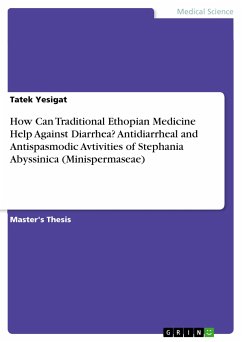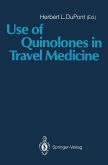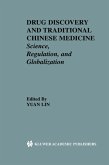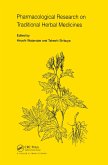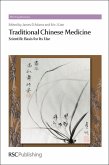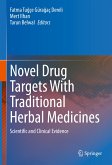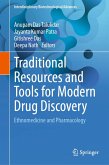Master's Thesis from the year 2010 in the subject Medicine - Pharmacology, Pharmacy, grade: Very Good, Addis Ababa University (SCHOOL OF GRADUATE STUDIES), language: English, abstract: Diarrhea is a leading cause of morbidity and mortality in developing countries. The aim of this work was therefore to evaluate the antidiarrheal and antispasmodic activities ofthe aqueous and methanol extract of the root and leaf of S. abyssinica. Antidiarrheal activities were studied in mice using castor oil-induced diarrhea at doses of 25, 50,100, and 200 mg/kg body weight. The extracts significantly prolonged the time of diarrheal induction, increased diarrhea free time, reduced the frequency of diarrhea episodes, decreased the weight of stool, and decreased general diarrheal score in a dose dependent way. With dose of 200 mg/kg the extracts produced higher in-vivo antidiarrheal index (ADI) than the the standard loperamide. In Entropooling test in mice the extract significantly (p < 0.01) inhibited intestinal fluid accumulations of mice in a dose dependent fashion. The antispasmodic activity studies were performed as in vitro and in vivo models. The in-vitro antispasmodic activity studies were performed on isolated GPI. The methanol and aqueous extracts of the leaf showed significant and concentration dependent inhibition of acetylcholine induced contraction of isolated GPI. The extracts depressed Emax of Ach, and decreased PD2 value of the Ach. The Emax of Ach at conc of 10-3M is decreased (from100 for the control group) by SALM with concentration of 200 and 100 ug/ml to 45.6±2.13 and 73.2±3.04 respectively,whereas by SALA with 200 and 100 ug/ml to 62.0±2.98 and 74.8±2.46 respectively. In the in vivo antispasmodic activity test, the extract significantly decreased the peristaltic index (PI). In normal transit test, the extracts produced 100% suppression of normal peristalsis. However in castor oil induced transit with dose of 200 mg/kg the peristaltic index (PI) of SALM, SALA, SARM and SARA was 26.67, 36.85, 22.00 and 40.65 respectively. The result of this study indicated that the plant extract possesses antidiarrheal and antispasmodic activities and proves the fact that this plant is used in traditional medicine for treatment of diarrhea, stomachache and abdominal cramp.
Dieser Download kann aus rechtlichen Gründen nur mit Rechnungsadresse in A, B, BG, CY, CZ, D, DK, EW, E, FIN, F, GR, HR, H, IRL, I, LT, L, LR, M, NL, PL, P, R, S, SLO, SK ausgeliefert werden.

